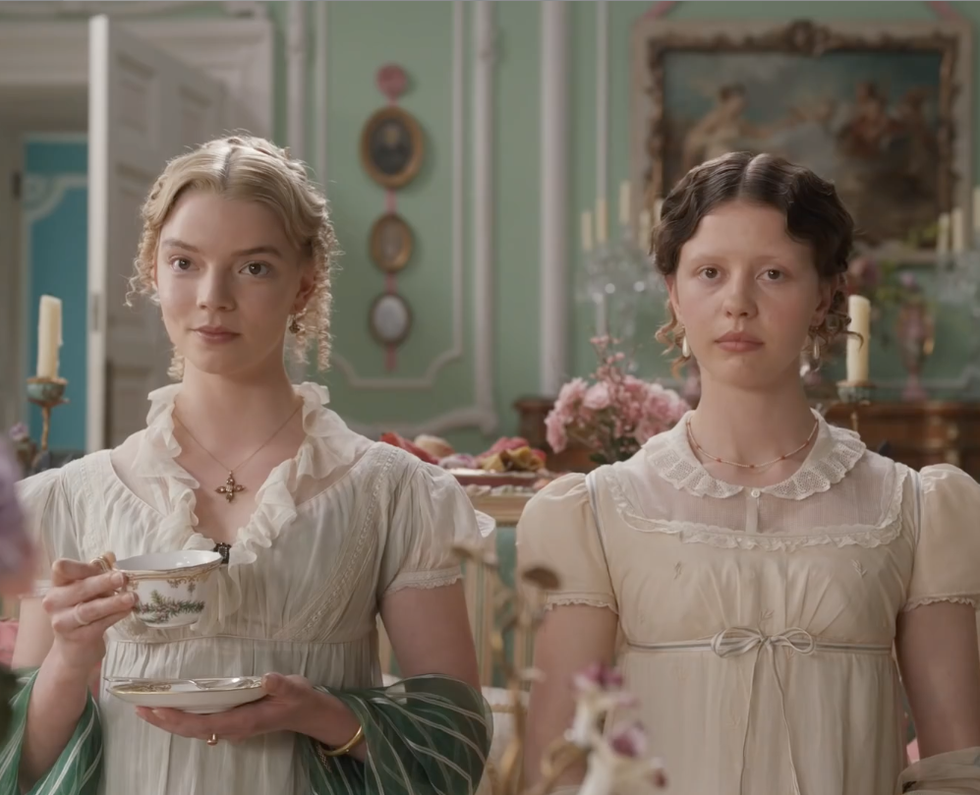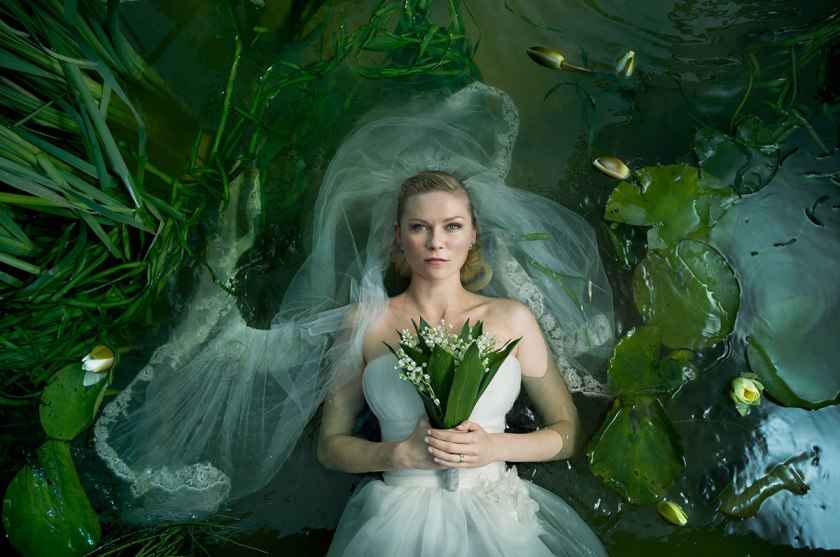
A friend recently reached out to me saying she had just rewatched Pride and Prejudice (2005) (praise be to Netflix for adding it!!) and desperately needed something else to get her fix of comfort movies. Essentially, what she needed were more rom-coms. She wasn’t willing to commit to an entire TV series (something we can all relate to I’m sure) and so I provided her with the following movie list.
- The Guernsey Literary and Potato Peel Pie Society (2018)

I adore this movie. I have watched it multiple times already, read the book, and have recommended it to dozens of period drama lovers. It’s a keeper in the period drama upper echelon, and especially in the comfort movie pantheon. It’s predictable, but also sweet and humorous at times. At other times, it’s sad and bittersweet (but actually not that sad for a movie that covers a bit about WWII, I’m just being honest here). There is a little bit of mystery too. The main character, Juliet (Lily James), is sort of faultless, other than maybe “too curious,” (which isn’t a real flaw ok), but nevertheless we enjoy watching her on screen alongside sweet, book-loving pig farmer Dawsey (Michiel Huisman). It’s truly charming and perfect for a cozy night in. (The book is pretty fantastic too!)
Genres: war, drama, romance — Starring: Lily James, Michiel Huisman, Matthew Goode
2. Letters to Juliet (2010)

Why have so few people seen this delightful movie? I mean, for one, it takes place in Italy? Two, we have an adorable “enemies to lovers” trope thing happening here. And three, did I mention it takes place in Italy? Amanda Seyfried is a cute American who insists on helping an older but still glamorous Vanessa Redgrave find her long lost love Lorenzo (do I get points for alliteration?) by taking a road trip through Italy. Christopher Egan is Redgrave’s young, caring and handsome (!) grandson along for the ride. Sparks fly. It’s just a lovely, simple movie to watch. Yes, it’s predictable, but did you all miss the part where these are comfort movies? I guess this is technically Romeo & Juliet inspired, but like P&P (2005) it’s a perfect wine night film with a HEA (unlike our two star-crossed lovers from Verona).
Genres: romance, comedy — Starring: Amanda Seyfried, Christopher Egan, Vanessa Redgrave
3. Emma. (2020)

Maybe it’s cheating to recommend Austen for an Austen-inspired list. But oh well, I think there are many people who haven’t actually seen this yet. Emma has fast taken the spot as my favorite Austen heroine, especially to watch. She’s snarky, arrogant, and has fantastic style. She also grows the most in my opinion, and it’s just a delight to see her development unfold. Anya Taylor-Joy in particular is fabulous. She’s perfectly petulant and assured in the same breath. I find her to have so much range, she was utterly creepy in The VVitch (2015). Mia Goth also does a great turn as Harriet Smith, and the two bounce off each other well. In fact, the entire cast is fabulous – if we have any Sex Education or The Crown fans here, it’s just one recognizable face after another! The film is also completely satisfying to watch, filled with beautiful pieces of art, gorgeous costume design, and an eye-catching pastel aesthetic. Emma. (2020) reminds us why Austen stories are so timeless and appealing.
Genres: comedy, drama, romance — Starring: Anya Taylor-Joy, Mia Goth, Johnny Flynn, Bill Nighy, many other fantastics
These are just three, but there are dozens more! What do you guys watch when you want a comfort movie?


